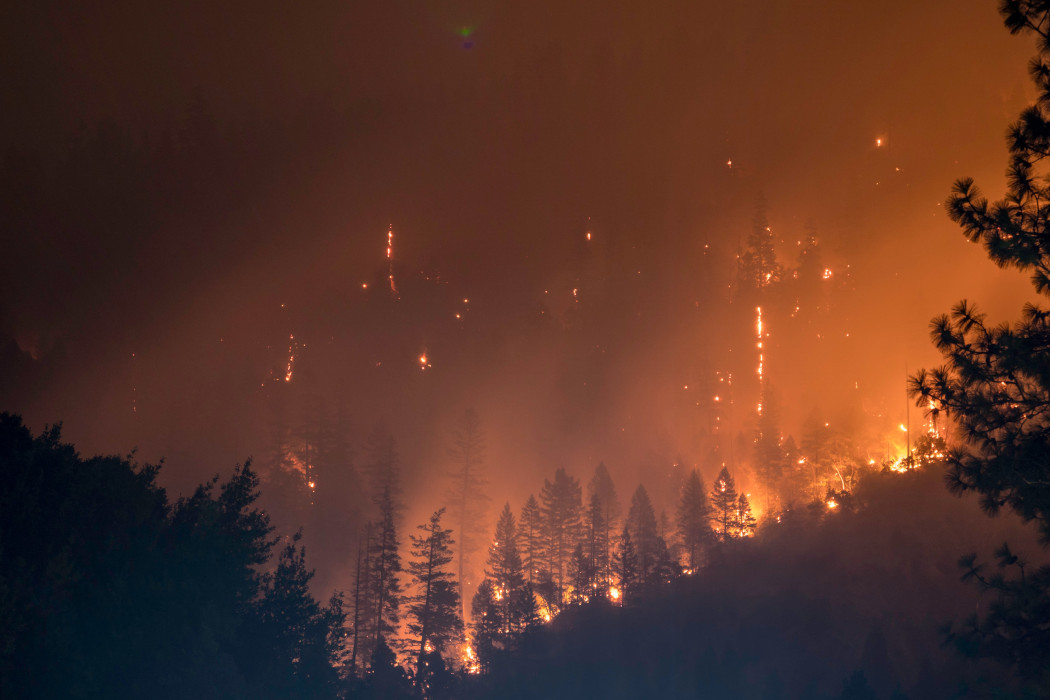UN Climate Report Signals Code Red for Humanity. We Must Act Now.
Climate changes are intensifying and irreversible

Many of us think of Climate Change as a far-fetched occurrence. However, the latest UN Climate Report has signalled code red for humanity and has highlighted that the time to act is now. Decades of greenhouse gas pollution and other critical factors have got us here, and now all we can do is to see the results of rapid changes in the ocean, atmosphere, and biosphere. Here are the key takeaways from the 4000-page long report.
The UN Climate Report
Code Red for Humanity
António Guterres, UN Secretary-General, described the findings of the UN Climate Report as code red for humanity and urged people and governments to take urgent actions.
The Sea Levels Will Rise
The UN Climate Report clearly mentions that the seas have been rising at them fastest in the last 3,000 years, and this will continue. In addition, the melting of ice sheets and glaciers has impacted many lives due to coastal flooding, and it will happen in the future as well.
We cannot stop or slow down the change quickly. All we can do is phase out fossil fuels and reduce carbon emissions as soon as possible to limit the amount of ocean rise and reduce its pace over time.
Heat Waves Will Be More Common
The UN Climate Report highlights that due to global heating, the heat waves that happened once in 10 years are happening more than twice as compared to before. Also, extreme heat waves that occurred about every 50 years might now happen every decade. As they are the deadliest form of extreme weather, we need transformative climate policies to reduce the frequency of heatwaves.
Droughts Will Continue to Occur
The UN Climate Report has also highlighted that droughts are becoming more frequent and severe due to the climate crisis. A few things that led to this unwanted change are earlier snow melts, reduction in precipitation, and increased evaporation. Earlier, the extreme droughts occurred once every decade but, they are now occurring 70 per cent more frequently.
Storms and Heavy Rains are Quite Common Too
As warmer air can hold more water than vapour, storms and heavy rains are becoming more common, according to the UN Climate Report. Heavy rains are now 30 per cent more frequent worldwide, and they contain around 7 per cent more water on average. The number of typhoons and hurricanes is also increasing due to climate change.
What We Need to Do Now?
In addition to highlighting the problems triggered by climate change, the UN Climate Report has also highlighted a few measures we need to take. The most important is that we need to decarbonize every economic sector to bring the temperatures down.
Share this on social media














